The recent announcement that Red Bull's head of strategy, Will Courtenay, will be jumping ship to join McLaren continues an ever-growing trend in modern F1 of key figures moving from team to team.
It should not come as a surprise, as drivers moving between teams is commonplace to manoeuvre themselves into the fastest possible car, so why should engineers moving around be any different?
After all, they are just as committed to winning and producing the best possible machines and challenging themselves as the drivers, but it is not overly common.
Some of the highest-profile moves between teams in the 2010s saw Paddy Lowe move from McLaren to Mercedes, and then in 2017, for the doomed spell at Williams.
Current Mercedes technical director James Allison was also on the move jumping from Lotus in 2013 to Ferrari, before leaving for personal reasons in July 2016.
He would eventually join Mercedes in early 2017 during its dominant run of success. Fellow stalwart Pat Fry has also jumped around teams, finally settling in as chief technical officer of Williams.
For the most part, teams would not poach rival senior engineers or team personnel, but there has been a sharp rise, with RacingNews365 counting almost 20 key moves since the adoption of the cost cap in 2021.
So, what is behind the big rise?
Sharp rise in teams poaching
Under the cost cap, driver salaries and those of the three highest-paid individuals in the team are excused and do not count towards the overall figure.
In a typical team, these individuals could be expected to be the team principal, the technical director and the chief technical officer.
Any attempt to get the CTO, for example, to work elsewhere in the company, such as in an applied technologies arm and do F1 on the side, is strictly prohibited by the FIA, and this salary will count towards the cost cap. Work done on F1 that then benefits the applied division does not count towards the cap.
Herein lies a key reason behind the increasing number of poaches being made.
Teams are constrained by the regulations and unable to offer big promotions or salary increases, and staff can be tempted to look elsewhere for better packages.
Let's take Aston Martin as an example.
During the period between 2007 and mid-2018 when the team was in its Force India guise, it was widely regarded as the best 'pound-for-pound' team on the gird and would often routinely out-perform those with far bigger budgets, finishing fourth in both '16 and '17, only behind Mercedes, Ferrari, and Red Bull.
For its final (half) season in 2018 before being renamed Racing Point ahead of the Belgian GP after being bought out by Lawrence Stroll, the budget of the team was about the $120 million mark, where that season's constructors' champions Mercedes were up at about $400 million.
Under the cost cap, everyone is now at the $135 million USD limit, with small increases to the cap for inflation and an increase of $1.8 million for every race beyond 21 on the calendar, with 23 in 2023 bringing the total to about $138.6 million.
For the upwardly mobile Aston Martin under Stroll's ownership, personnel investment is not the only thing he has been focusing on, with a brand-new state-of-the-art factory and wind tunnel being built at Silverstone.
This does not fall under the cost cap, but under the Capital Expenditure (CapEx) limits for which there are other rules to enable teams to improve their facilities.
The Piranha club is back
If an engineer or key figure feels there is no room for self-improvement or viable means to promotion within their current team, looking around at options becomes attractive.
Also, consideration must be given to the increasing demands of the calendar, where all but a few essential personnel such as race engineers like Pete Bonnington or Gianpiero Lambiase will attend every race with their driver.
A more suitable offer at a rival team that works around home life than at a current team might also come into consideration, especially if young children are involved, with parents not wanting to be on the road as much.
The poaching has also led to some tit-for-tat between team bosses, with Christian Horner claiming Red Bull Powertrains had lured 220 staff from Mercedes High Performance Powertrains.
This was given short shrift by Toto Wolff, who urged Horner to check his sums. RacingNews365 understands that a significant proportion of the number cited by Horner involve short-term contractors who are open to choosing where they work as opposed to salaried staff on the payroll of HPP.
It is an interesting battle off-track between teams luring, in some cases, quite senior technical figures away from rivals, coming with the double-edged sword of strengthening themselves and weakening an opponent.
As Sir Ron Dennis famously said: 'Welcome to the Piranha Club'.
Senior technical and engineering moves between teams
| Team | Personnel | Signed from | When signed |
|---|---|---|---|
| McLaren | Rob Marshall, Will Courtenay, David Sanchez | Red Bull, Red Bull, Ferrari | 2023, 2024, 2023 |
| Red Bull | None | N/A | N/A |
| Ferrari | Jerome D'Ambrosio, Loic Sera | Mercedes | 2024 |
| Mercedes | Simone Resta, Enrico Sampo | Ferrari | 2024 |
| Aston Martin | Adrian Newey, Dan Fallows, Enrico Cardile, Eric Blandin, Luca Furbatto | Red Bull, Ferrari, Mercedes, Stake | 2025, 2022, 2025, 2022, 2022 |
| RB | Laurent Mekies, Peter Bayer | Ferrari, FIA | 2024, 2023 |
| Williams | James Vowles, Pat Fry | Mercedes, Alpine | 2023, 2024 |
| Alpine | David Sanchez | McLaren | 2024 |
| Alfa Rome/Stake/Audi | Andreas Seidl, Lee Stevenson, Jonathan Wheatley | McLaren, Red Bull | 2022, 2024 |
Also interesting:
It has been a year since Max Verstappen won his third F1 title - with six grands prix to spare. Now Verstappen is in a fight this year, and with Red Bull under pressure to deliver him a car to retain his crown. Join RacingNews365's Ian, Sam and Nick as they discuss this and more ahead of the final six races.
Would you rather watch our podcast? If so, click here.
Don't miss out on any of the Formula 1 action thanks to this handy 2026 F1 calendar that can be easily loaded into your smartphone or PC.
Download the calenderMost read
In this article
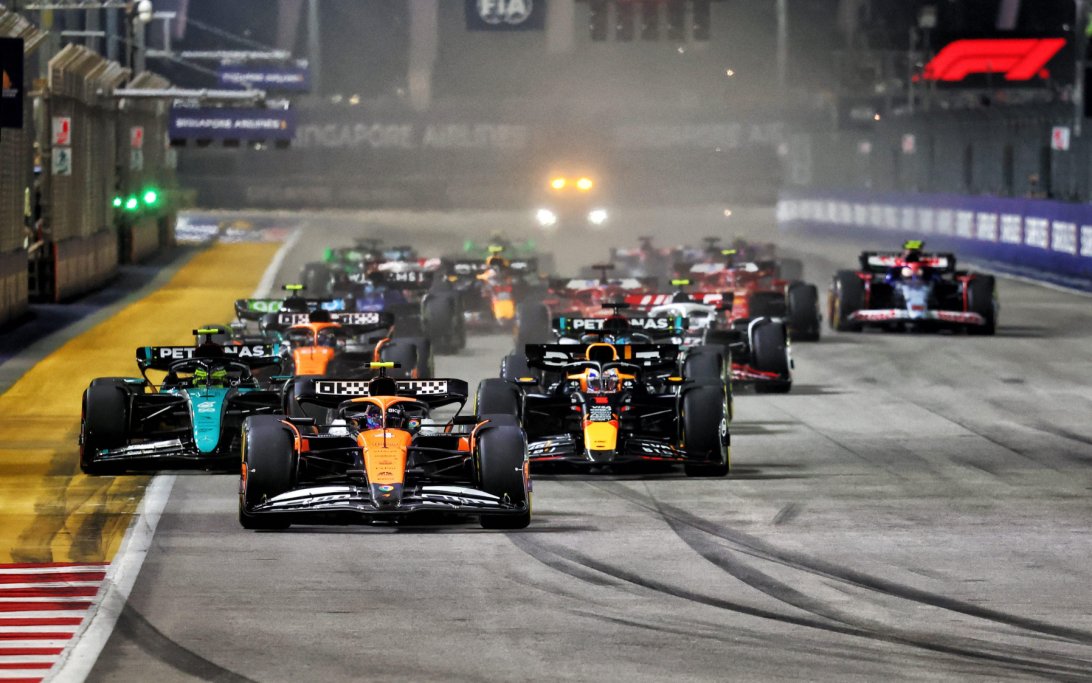
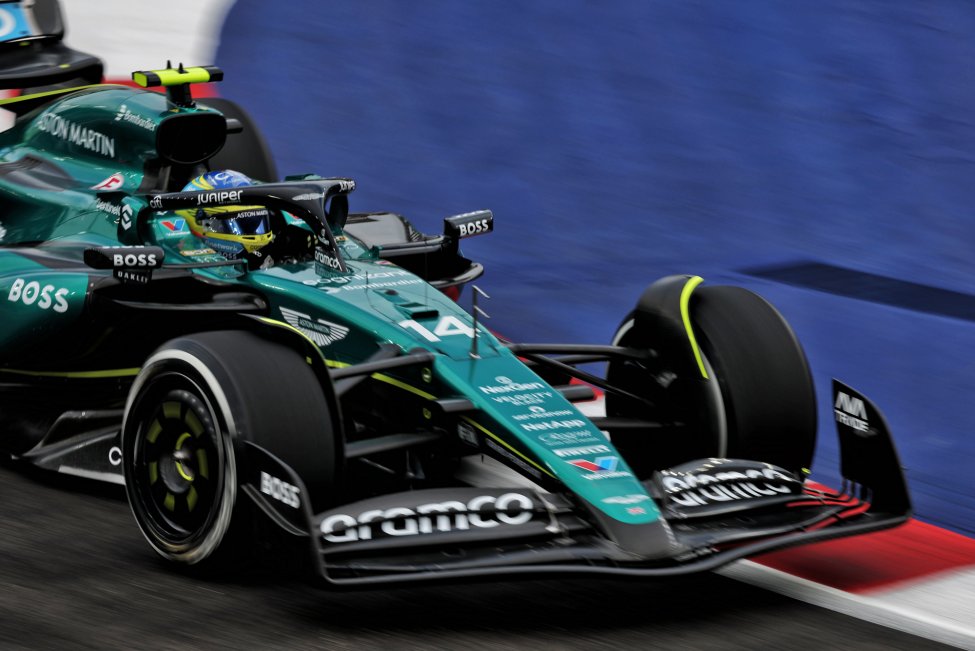
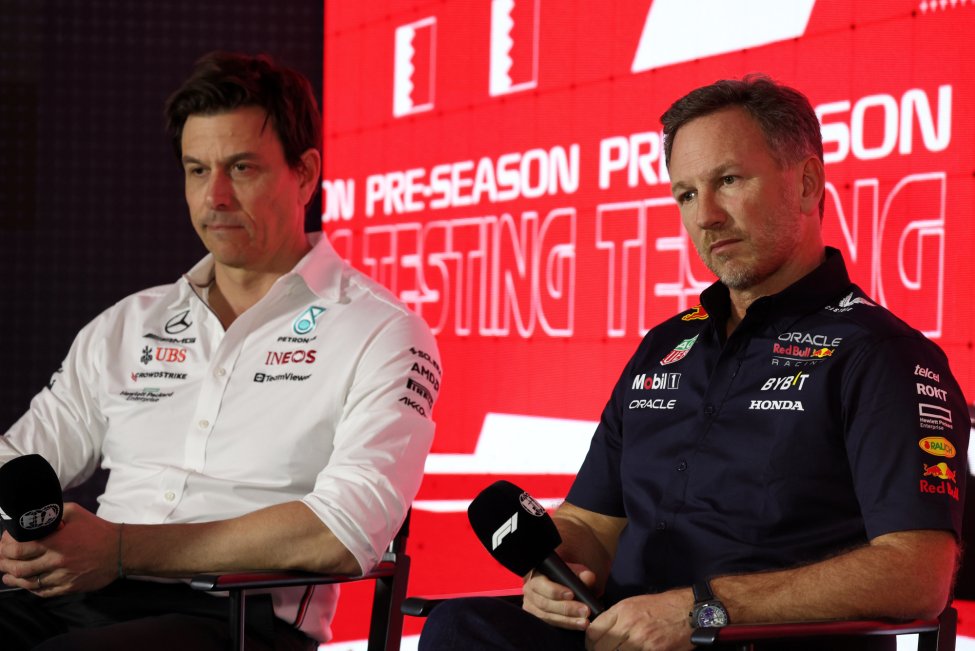
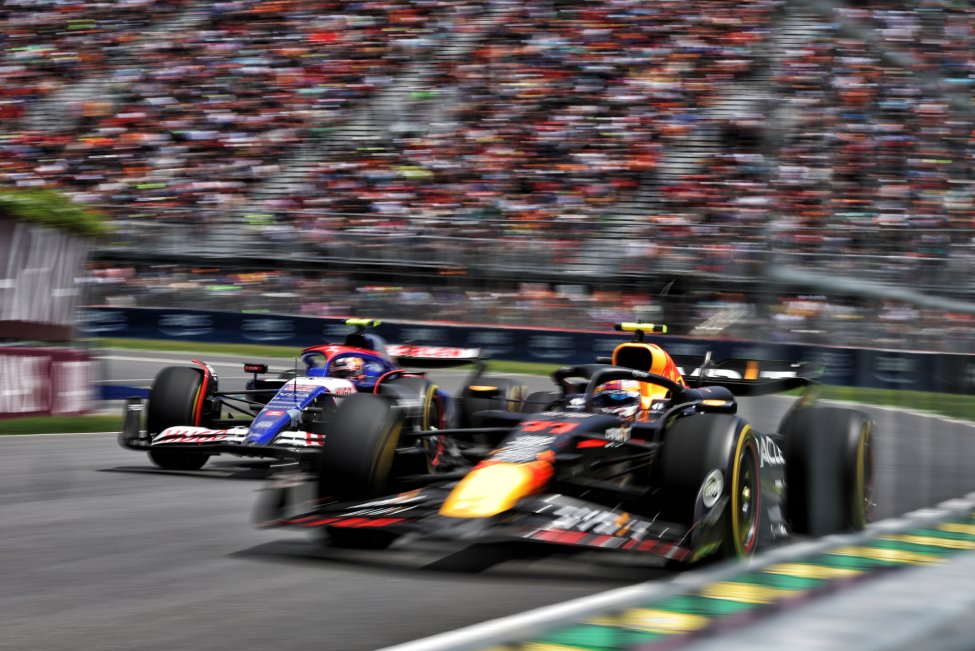


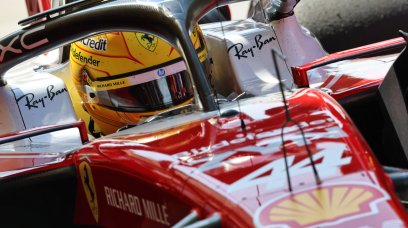
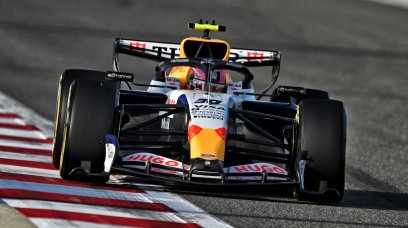
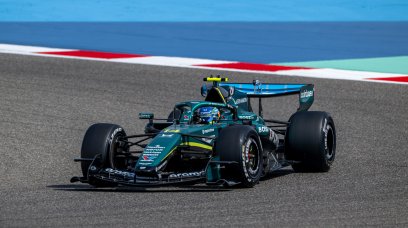
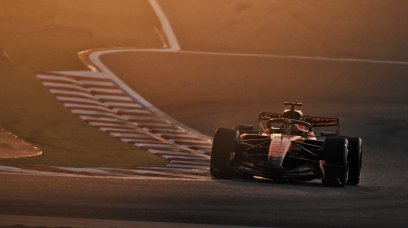
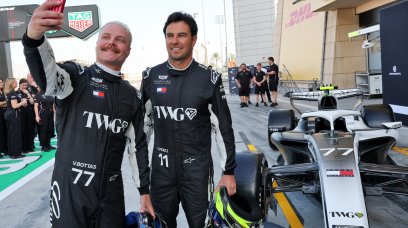

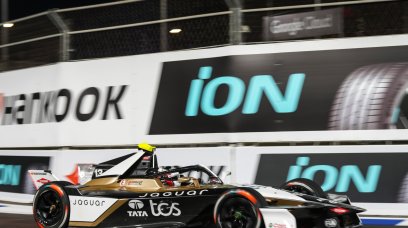
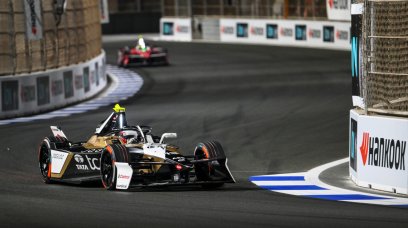
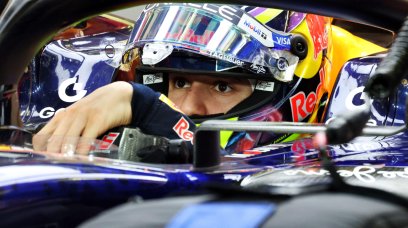
Join the conversation!